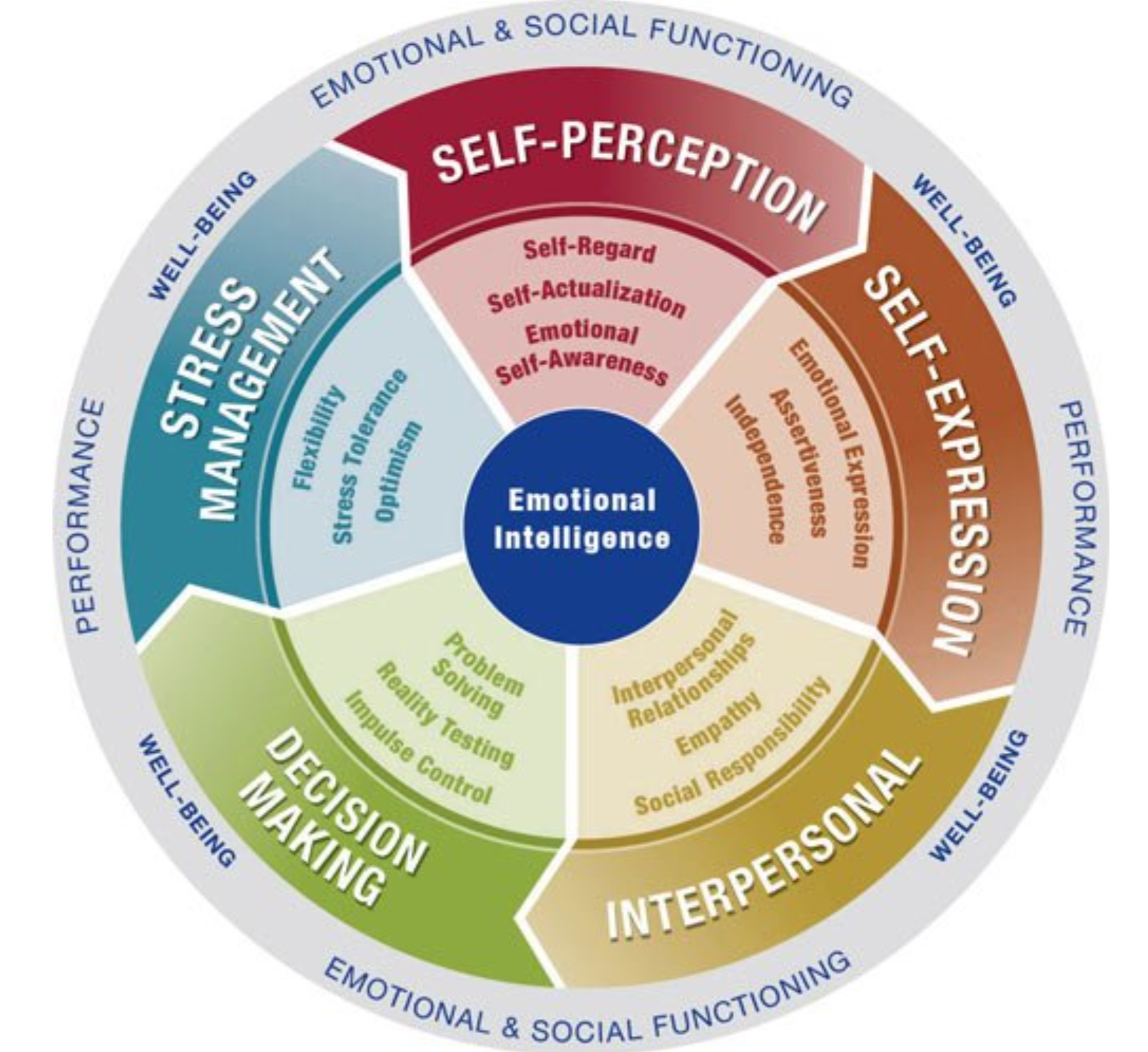
KEY ACHIEVEMENTS | BACKGROUND | PRACTICE DEVELOPMENT | RESULTS | NEXT STEPS
Key achievements
|
Background
In September 2021, the IHR Project’s Workforce Development Team, in partnership with the Nigeria Centre for Disease Control (NCDC) and led by Dr Claire Bayntun, launched a “Leadership Strengthening Programme”.
A cohort of 12 participants, identified as the “next generation leaders” were selected from across all departments in NCDC, with the aim to enrich their leadership insights and impact. The bespoke, co-owned programme, was designed in collaboration with colleagues at NCDC, overseen by a Steering Committee Chaired by NCDC’s Director-General.
The aims were to:
- Nurture and prepare these leaders for their future roles within NCDC
- Implement effective and impactful leadership and management behaviours (team management, functional challenge, decision-making, resilience), driven by a focus on personal values and professional integrity
- Develop a culture of rich and purposeful conversations at NCDC and with wider stakeholders, through techniques, tools and reflective frameworks drawn from mentorship and executive coaching disciplines
Practice development
A mixed-methods design was employed. This incorporated:
- Interactive cohort sessions via MS Teams
- Hybrid in-the-room workshops at NCDC with co-facilitation by NCDC colleagues working alongside Claire (who contributed remotely via screen)
- 1:1 sessions between participants and Claire, offering executive coaching to ensure the application of the tools and techniques to address specific challenges and benefit from stretch opportunities for the benefit of the participant in their day-to-day leadership activities.
Phase 1 of the training launched with a schedule of weekly interactive sessions, evolving over three months to cover 3 core themes:
1) Leadership skills and managing people
2) Mentorship and coaching tools to support rich and purposeful conversations
3) Excellence in leadership through Emotional Intelligence.
At the end of phase 1 participants were invited to complete a psychometric Emotional Intelligence assessment (EQi 2.0) with follow up 1:1 executive coaching sessions with Claire.
Results
The Kirkpatrick model was used to measure impact, with Level 1 Kirkpatrick evaluations collated throughout themes 1, 2 and 3; a Level 2 qualitative survey was completed at the programme midpoint; a Level 3 evaluation will be collated at the end of the programme followed by a Level 4 evaluation post March 2022 to establish the long term value and impact of the programme for NCDC.
The Level 1 evaluations were measured on a quantitative Likert scale, with qualitative free text to collate further personal insights from participants. The feedback across the themes were positive about the design, culture and valuable impact of the programme:
“How has your understanding of leadership skills and management of people developed through your participation on this course? Do you have any examples of how you have put these skills into practice?”
“I have seen myself evolve over the period of this course…”
“The course enhanced my existing knowledge of mentorship and coaching. I now understand better the feelings and challenges of my subordinates and mentees.”
“I have found the mentorship coaching session very useful. From the range of coaching and mentoring approaches, I notice that in my engagement with the people I mentor… I now utilise more of the non-directive approaches. From pointing the mentee to sites where he could access tools to help him better understand and assess the issues he is working on, to asking questions that get him thinking. I also utilise reflection, listening to understand, and silence. When I compare my mentoring this year to mentoring in the same programme last year, I realise that I am more comfortable as a mentor this year thanks to the course.”
For those individuals who utilised the opportunity to meet with Claire for 1:1 sessions, feedback was received that these were “Insightful and valuable”; that the sessions were “very useful… The sessions have helped me talk about things that helped me develop deeper insights into important aspects of my work and family life.”; and that they “learnt about how to adapt my leadership style, modify it to motivate my team”.
Next Steps and Key Learnings
The bespoke Emotional Intelligence in Leadership sessions have been rich and intense. The participants value the specific focus on their own strengths and areas for development, with the personal-professional support and insights this approach offers.
The Director General of Nigeria CDC changed in Oct 2021 and the leadership activity spanned this transition period. The programme continues to aim to support this leadership cadre of participants to navigate this change by:
- Increasing consciousness and clarity about their leadership role
- Clarifying their vision for their activities at NCDC
- Supporting the transition of the organisation through rich and purposeful conversations by developing a mentorship-coaching culture
- Strengthening emotional intelligence in leadership.
The intelligence gained by Claire will inform the opportunity to develop a second bespoke leadership strengthening programme for Nigeria CDC to launch in the next UKHSA financial year. This will be progressed in agreement with the Steering Committee at NCDC, including the new DG.
It is hoped that with continuous partnership between NCDC and the UKHSA, and with the full support of the new DG at NCDC, that this will be a continuous, sustainable leadership strengthening activity at NCDC, benefitting the strengths of the organisation, while acting as a role model for other National Public Health Institutes across the continent of Africa.

Written by Dr Claire Bayntun and Ellie Fairfoot
KEY ACHIEVEMENTS | BACKGROUND | PRACTICE DEVELOPMENT | RESULTS | NEXT STEPS